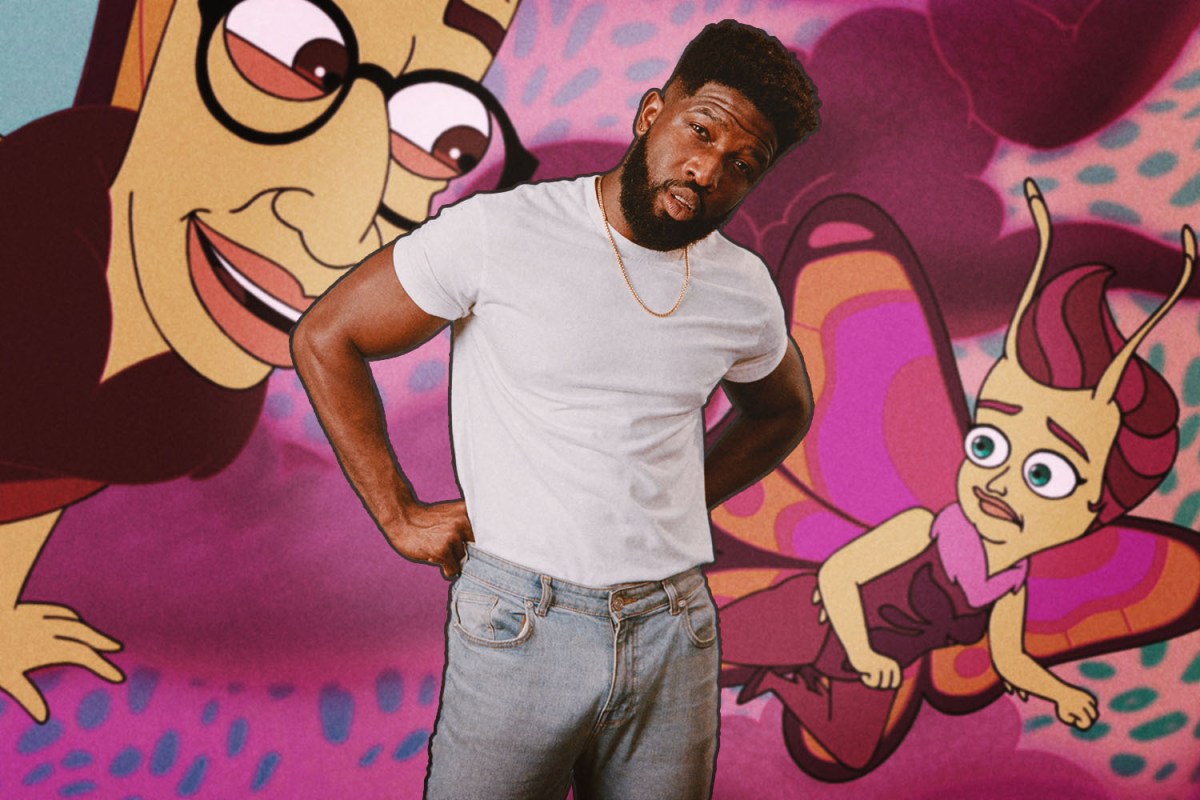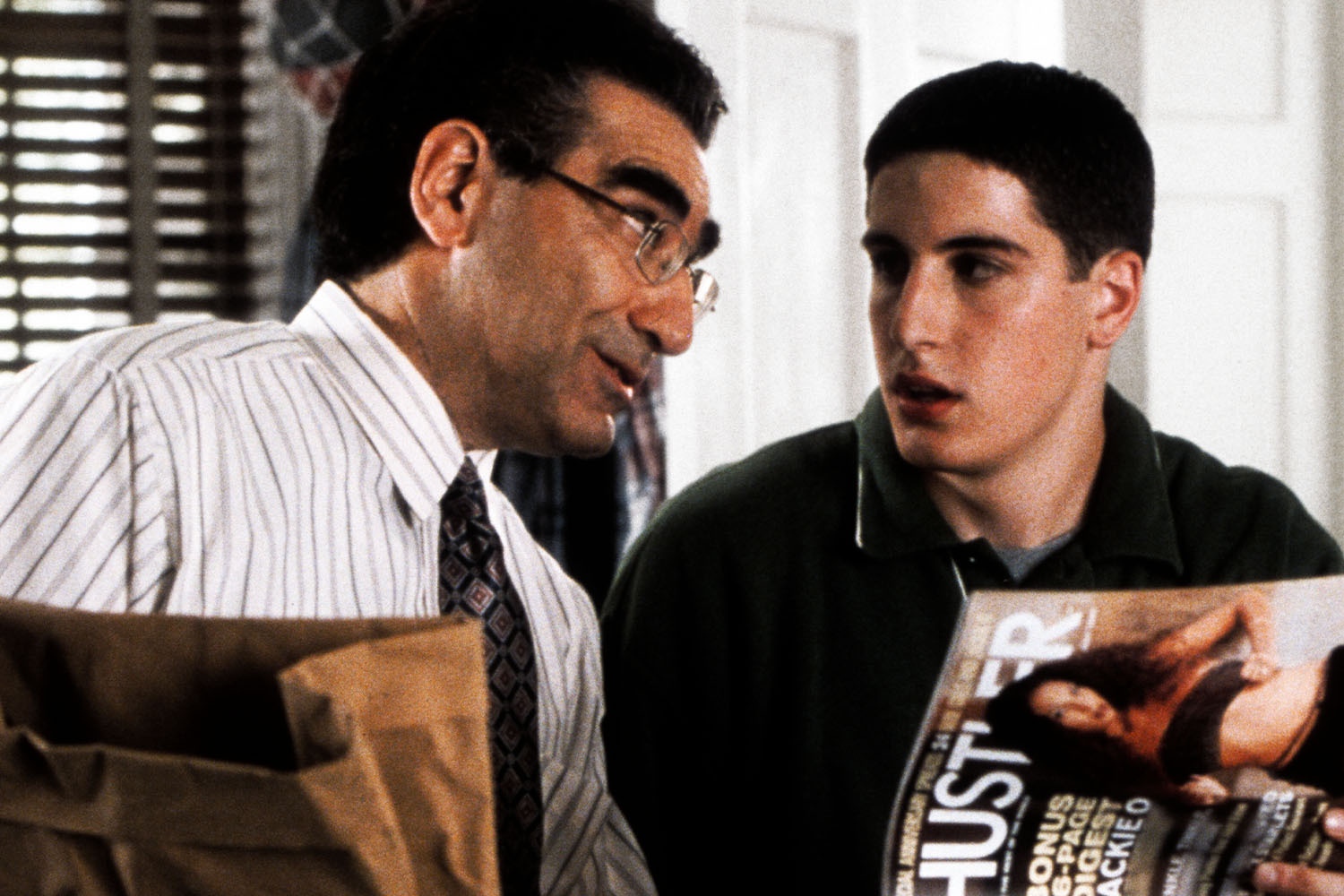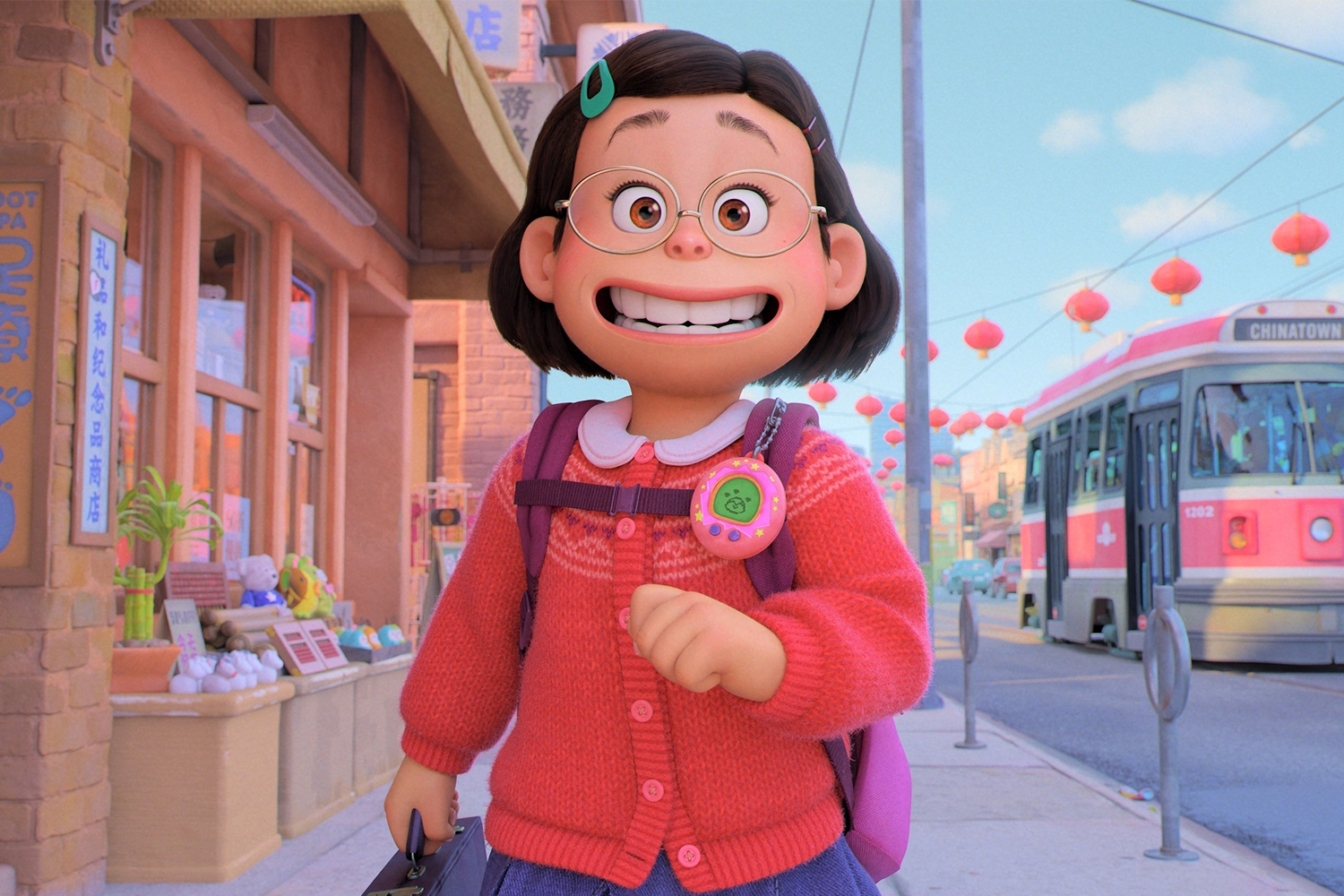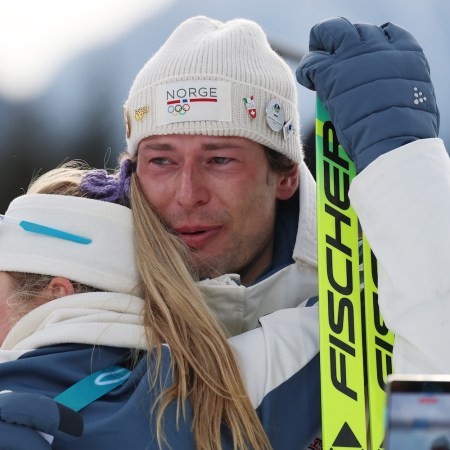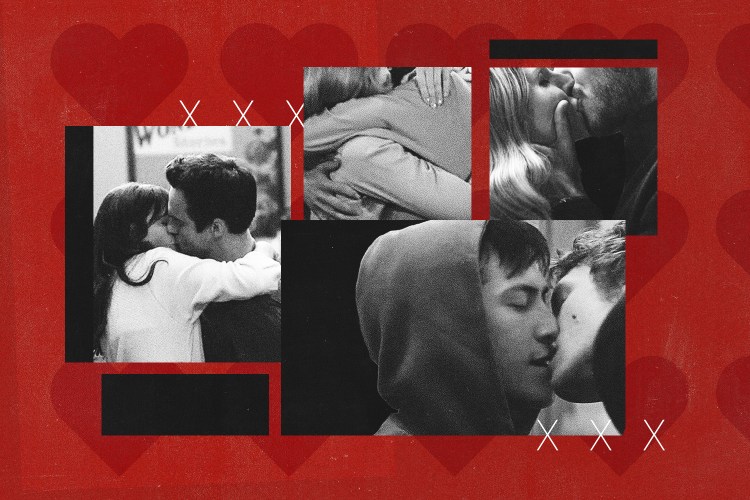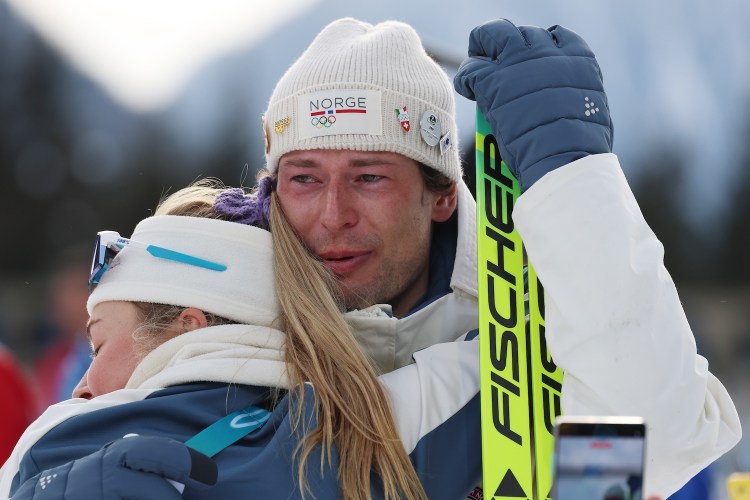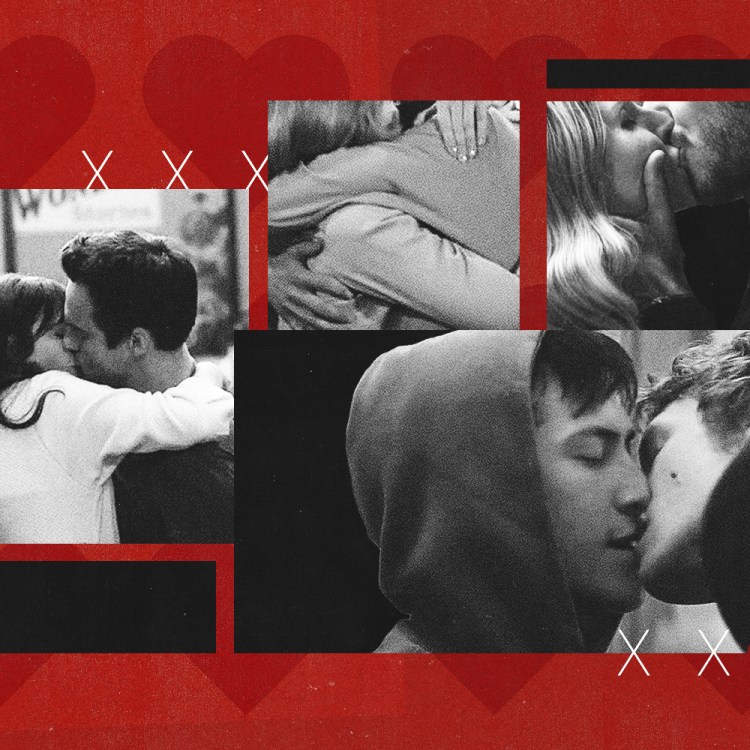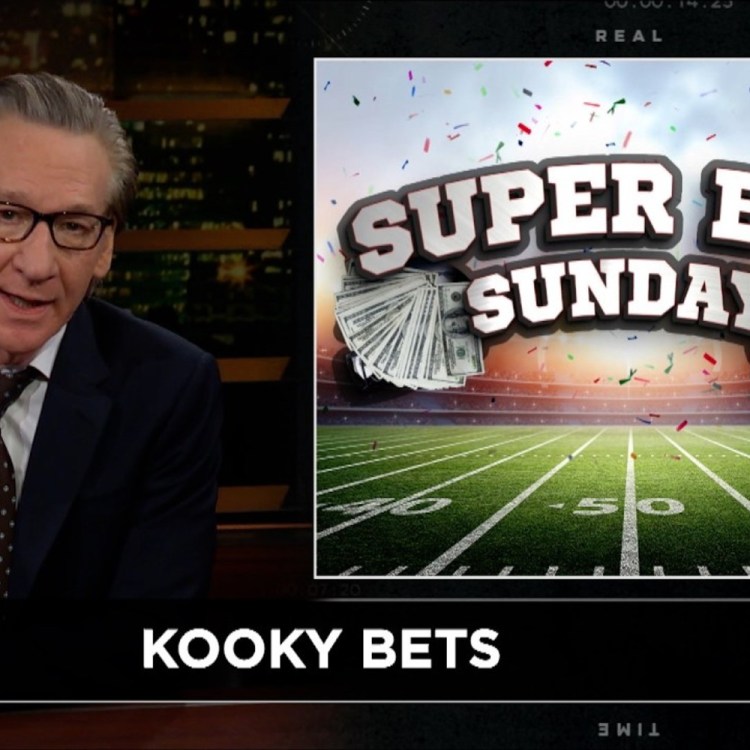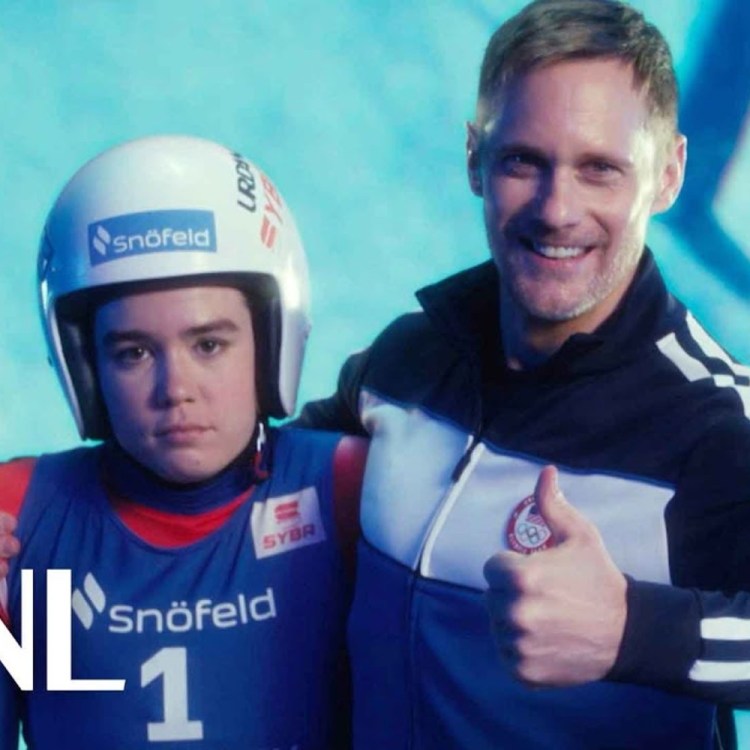Big Mouth has quickly become one of the funniest comedies on Netflix. The raunchy adult animated series has triggered frank conversations about sex that we’ve never seen before on television. From comedian Nick Kroll — who voices his pre-pubescent self, alongside his best friend Andrew, voiced by John Mulaney — these teens are easily influenced by each of their Hormone Monsters, the mystical creatures who swoop in and basically ruin their lives with their uncontrollable sex drives.
Now there’s a spinoff show focusing on just the Hormone Monsters and the Lovebugs (who appear when the teens they’ve been assigned to are smitten with someone) called Human Resources. It’s part The Office, part Boogie Nights, showing us how the horniest work place in the world manages a 9 to 5.
The show premiered last Friday on Netflix and claims to be edgier than Big Mouth — if that’s even possible. The all-star voice cast includes Aidy Bryant, Maya Rudolph, Keke Palmer and up-and-comer Brandon Kyle Goodman, who is not only a writer on the show, but also voices the show’s queer character, Walter the Lovebug. With their wide vocal range (Goodman is non-binary and uses they/them pronouns), they bring a whimsical, optimistic flair to the screen as Walter. Goodman, who has played key roles in Big Mouth and Human Resources, is currently working on a memoir You Gotta Be You, which is out this September with Legacy Lit at Hachette. You might have seen them on screen, too, as Goodman appeared in Amazon’s Modern Love, Hulu’s Plus One and Netflix’s Feel the Beat. InsideHook caught up with them recently to hear about working in the raunchy writers’ room, looking up to Whoopi Goldberg and why we need to talk frankly about sex.
InsideHook: Human Resources feels like we’re seeing some of the bureaucracy behind the jobs of the Hormone Monsters and the Lovebugs, how and why they operate. Is that right?
Brandon Kyle Goodman: Yes! We keep the humor, even though the kids aren’t in it as much, but there’s still as much disgusting humor as ever. The same energy will prevail.
What was the starting point for the series?
Producer Kelly Galuska and co-creator Nick Kroll both recently had babies, respectively. The talk was about a working mom trying to find her new identity and being a working mom. We also wanted to discuss death. Branching off, it made sense to look into the beginning of life and end of life.
What’s it like being in the writers’ room for both Big Mouth and Human Resources? I can imagine it gets pretty raunchy.
[Laughs] Yes. Sometimes it’s surprisingly all over the place. Sometimes it’s making dirty jokes for our characters, other times we’re being super vulnerable. Sharing your heart. Overall, the guiding principle of our writers’ room is that it’s emotionally attuned. It’s a safe space for us to share our trauma and pain and turn it into joy and humor.
Is there always a thin line between comedy and tragedy?
Absolutely. It’s one of the most brilliant things about stand-up comedians. They bring painful, awkward moments and try and find some perspective, healing and perspective to it. Laughter is the best medicine. It allows us to heal from trauma.
Who are your comedy heroes?
One of my biggest heroes is Whoopi Goldberg, who effortlessly went from comedy to drama. But also, her writing, her ability to blow the lid off of Hollywood at the time when someone like her did, as a Black woman. She did the unthinkable. It was always so awe-inspiring to watch her. My comedy heroes for Walter the Lovebug are Jaleel White as Steve Urkel in Family Matters and Will Smith on The Fresh Prince of Bel Air. Those were actors I latched onto. They all were able to be unabashedly funny but also heartful and handle the tender moments brilliantly as well.
Walter reminds me of John Waters.
Oh, sure!
There’s something optimistic about him. How did he come about in Big Mouth?
He did exist before in season four of Big Mouth. They were figuring out this slightly chaotic and overly enthusiastic character. Reading the first half of him, I felt like there was a queerness to him. It kind of clicked, and it’s been fun to grow him and be on season five of Big Mouth, then again on Human Resources.
Walter the Lovebug says in the show, “There’s a thin line between love and hell.” What does that mean?
There were conversations, we happened on this quote that “love and hate are two sides of the same coin.” Just like exploring how quickly someone you love can shift to something else. Giving Walter that ability as well, it speaks to how emotions shift so quickly. At the base of it, it’s a double-edged sword.
Did you grow up watching a lot of cartoons?
I was obsessed with The Simpsons and Family Guy for a long time. But that was the extent of my relationship to animation. When I got older, I watched Degrassi and live-action shows. As an adult coming back to the nostalgia of animation, watching Midnight Gospel, these more adult-themed animated series, and working in animation and [seeing] the intense process of creating it, is fascinating. I have a new appreciation for it.
Americans are typically a bit more prudish about sex, but do you think people should be talking about sex in a way they haven’t before?
OMG one thousand percent! I have been doing this thing on Instagram for about a year called Messy Mondays. I have people submit the messiest thing they’ve done or want to do. It comes through a lens of queerness, but also education. For me, what I started to notice is how much of us are steeped in shame around sex, how much of us have not been taught how to set our boundaries, how to learn to talk about sex, have language or space to have the conversations. So many of us are in the dark, just don’t know the basics. How do I kiss properly? How do I anally douche? Whatever it is, we’re in the dark and there’s never a safe space to ask, either. This trickles off into other areas in life. There’s this assumption to have the answers already. Big Mouth helps break that down. We’re all experiencing this, and nobody knows what the fuck we’re doing! We’re all figuring it out! And that’s okay. Knowing more people explore and express sex positivity, I’m hoping people will explore more of their own sexuality.
You’re working on your first memoir, You Gotta Be You. It was purchased by Legacy Lit, an imprint of Hachette Books, in a competitive situation and will be published this fall.
Yes, it’s coming out at the end of September. It’s about the moments in my life that reckon with race, gender and sexuality. There are moments of trauma, how have I processed it today, and it ties into Big Mouth in that it gives us language for what happens to us but we haven’t processed. Our experiences travel with us into adulthood. We never reexamine the lies we were told by our family or society. When do we shake that off, heal from it? How do I get back to who I was before I was told I was too Black, or too feminine? How do I get back to that soul at 34?
You launched the show’s mentorship program for aspiring Black writers in animation, known as the Brutus Pink x The Black Folx Initiative. How’s it going?
Great. We’ve only been doing it for two seasons of Big Mouth and one season of Human Resources [so far]. It came about shortly after George Floyd’s murder, where I found myself being at the forefront of social media and talking about anti-racism, race and sexuality in Hollywood, challenging people to break that system down. I thought, “How can I use my privilege?” I thought, “I am a Black queer TV writer and I’m on a really successful show, how can I engage with my bosses to create a new system to champion Black writers, give them a foot in the door?” Mentors, access and transparency help. I didn’t want 20 Black writers who felt lost. For it to be real [we had] to make it a one-on-one experience. I’m with them for eight weeks. When they leave us, they know more about what the room looks like. We have to go to bat for each other.
What advice do you have for young comic writers?
Your POV and your voice is of the utmost importance. Continue to hone it, and especially to writers who are not straight or white, don’t let straight white people be your barometer of how funny you are. There are cultural differences. You’re sometimes in situations where you’re the token woman, token Black, or whatever, and it’s not you. Oftentimes, you’re not in front of the right audience. Be sacred and intentional about who you’re sharing your work with, before the masses. People can give you useful feedback. Especially for young writers, it’s easy to get defeated.
How did you get the writing job at Big Mouth?
I had written a terrible pilot. I really wanted to tell a story about Black and POC queer people. I wrote a lot of bad drafts, got feedback and notes. Then a friend gifted me Shonda Rhimes’s Masterclass on TV writing. Again, access. I had someone beat by beat, “This is how you make a script.” I restructured my script, and that’s the script that got me on Big Mouth. My agent submitted it, they liked it, and here I am today.
This article appeared in an InsideHook newsletter. Sign up for free to get more on travel, wellness, style, drinking, and culture.
